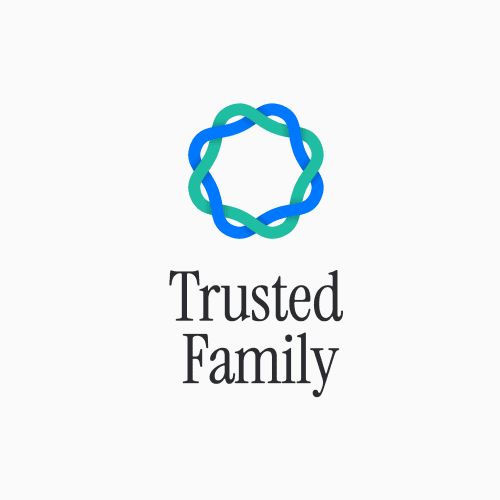I worked almost exclusively with private foundations for about a decade, long before Donor-Advised Funds came into popularity. Looking back, I think many of the founders were sold a fantasy of what a family foundation would do for their family, and now that fantasy is unravelling .
The Ideal
Family foundations were supposed to build and maintain family unity through the generations. In reality, they don’t change the level of family unity that is created elsewhere – they just reflect (and even amplify) it.
Family foundations were supposed to allow you to pass down your values to your kids and grandkids and to future, not-yet-existing heirs. In reality, you demonstrate your values by the way you live your life day in and day out, and your kids will either adopt those values or reject them. The one value that really gets adopted? Being philanthropic.
We rounded up a few companies that you might find interesting.
The Reality
I find the descendants of philanthropists want to be philanthropic – but on their own terms, on the issues that matter to them. In 75% of families, autonomy is much more attractive than joint decision-making. And attending to joint governance functions (board meetings, policy review, overseeing back office operations) has almost no appeal at all.
Some families just can’t get along, and the family foundation becomes another arena where those conflicts play out. And even when siblings or cousins get along, they don’t necessarily want to be in business together, which is what a foundation or a family office actually is.
To sum it up
In the past few years, I’ve helped several families re-organize their foundation governance and structure to provide for greater autonomy or even break into successor entities, and I think the trend will only accelerate.
Family office and philanthropic advisors should be honest about all of this. There are still reasons to set up a private foundation (instead of, say, a DAF), but let’s be transparent about what they are, and not sell an emotional utopia that is unlikely to become reality.
About Sharon Schneider
Sharon Schneider is an entrepreneur, philanthropy expert and strategy consultant to the next generation of social impact founders, businesses and family offices, including Giving Pledge signatories, Forbes 100 members, private foundations, and single-family offices.











